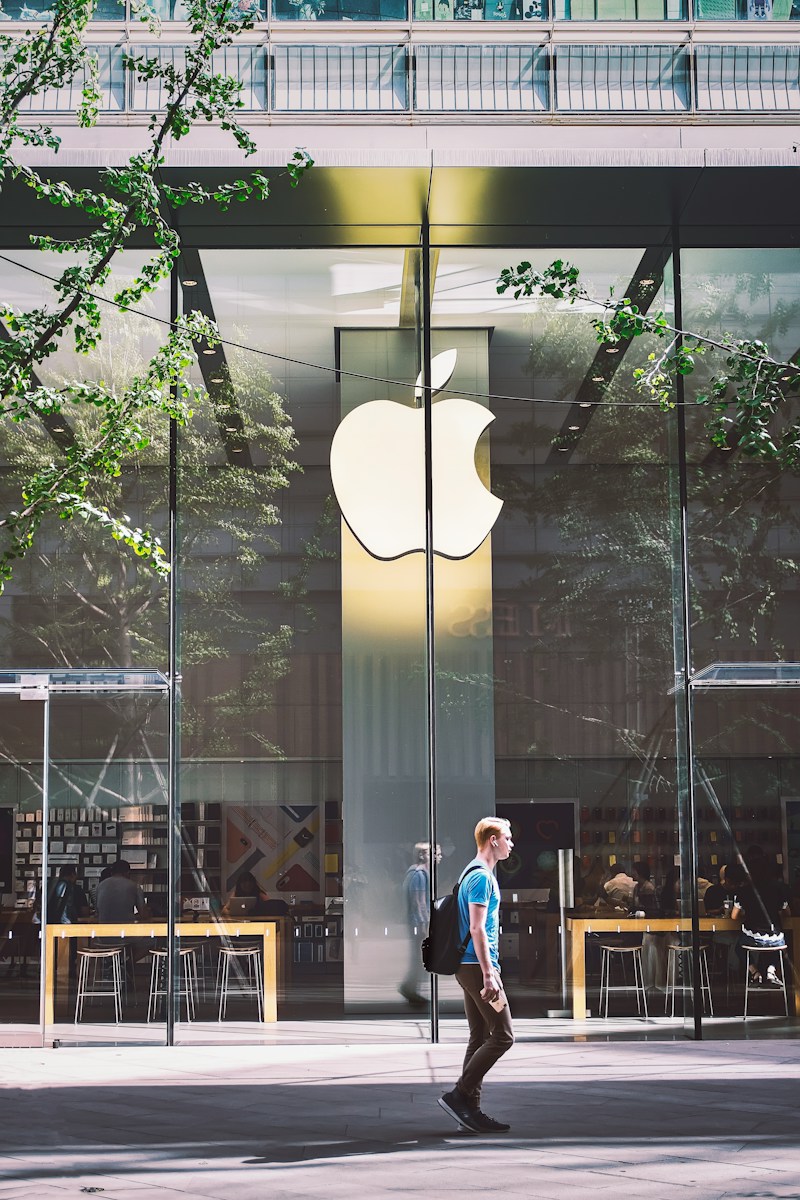Introduction
In a groundbreaking move, Apple has reluctantly agreed to allow European Union (EU) customers to access rival app stores on their iPhones. This significant development comes after years of legal battles and pressure from regulators, who sought to promote fair competition and consumer choice in the app market.
The Background Story
For years, Apple has tightly controlled the iOS app ecosystem, requiring developers to distribute their apps exclusively through the Apple App Store. This meant that iPhone users were limited to downloading apps only from Apple’s platform, denying them the freedom to explore alternative app marketplaces.
This approach drew criticism from developers and regulators alike, who argued that Apple’s practices stifled competition and resulted in higher prices for consumers. The EU, in particular, took a strong stance against Apple’s restrictions and launched an investigation into the company’s app store policies.
The EU Investigation
The European Commission’s investigation into Apple’s app store practices began in 2019, following a complaint from Spotify, a popular music streaming service. Spotify alleged that Apple’s App Store policies put rival apps at a disadvantage by imposing unfair fees and restricting access to critical features.
As the investigation progressed, more developers came forward with similar complaints, painting a picture of an app ecosystem dominated by Apple’s tight control and exorbitant fees. The EU regulators recognized the need to address these concerns and level the playing field for developers and consumers.
The EU Ruling
In April 2021, the European Commission delivered its verdict, finding Apple guilty of antitrust violations. The commission declared that Apple’s app store rules distorted competition and restricted consumer choice, ultimately harming innovation and driving up prices.
As a result of the ruling, Apple was ordered to make significant changes to its app store policies, including allowing EU customers to access rival app stores on their iPhones. This decision marked a major victory for developers and consumers, as it opened up new possibilities for app discovery and competition.
Apple’s Response
While Apple reluctantly complied with the EU ruling, the company expressed concerns about the potential risks and security implications of allowing third-party app stores on its devices. Apple argued that its strict control over the app ecosystem was necessary to ensure a safe and reliable user experience.
To address these concerns, Apple implemented safeguards and security measures to protect users from malicious apps and potential privacy breaches. The company also emphasized its commitment to maintaining a high standard of quality and user trust in the app ecosystem.
The Impact on Developers
The EU’s decision to allow rival app stores on iPhones has been widely celebrated by developers. It offers them an alternative distribution channel and the opportunity to reach a broader audience without being subject to Apple’s strict guidelines and fees.
Developers can now explore new business models, experiment with pricing strategies, and negotiate better terms with alternative app stores. This newfound freedom has the potential to foster innovation and competition, benefiting both developers and consumers.
The Benefits for Consumers
For consumers, the ability to access rival app stores on their iPhones brings a host of benefits. They now have more choices when it comes to discovering and downloading apps, allowing them to find the best apps for their needs and preferences.
Competition among app stores is likely to drive down prices and increase the quality of apps, as developers strive to attract users to their platforms. Additionally, consumers may enjoy access to exclusive apps and services that were previously unavailable on the Apple App Store.
The Future of the App Market
Apple’s decision to open up its app ecosystem in the EU could have far-reaching implications for the future of the app market. It sets a precedent for other jurisdictions to consider similar measures and encourages a more competitive and diverse app landscape.
The increased competition among app stores may also lead to further innovation in terms of app discovery, monetization models, and user experience. Developers will have to adapt to this changing landscape, focusing on delivering high-quality apps and differentiated experiences to attract users.
